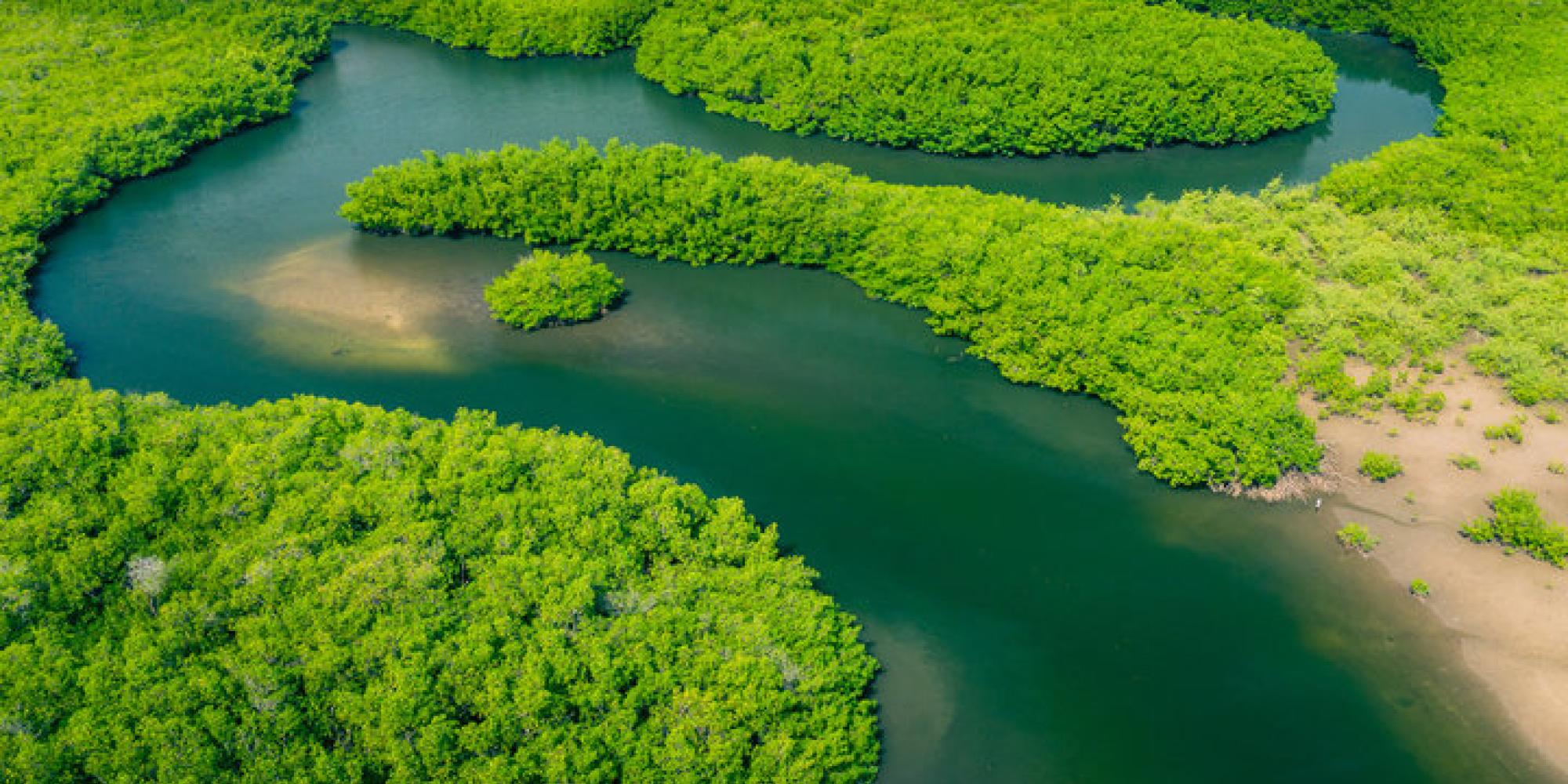
At UK PACT, we believe climate action must work for everyone. Gender equality, disability inclusion, and social inclusion (GEDSI) are essential. As COP30 spotlights indigenous peoples, women, and minorities, we reflect on how UK PACT projects in Latin America are making this vision of a just transition to a lower carbon future a reality.
Latin America is one of the world’s most unequal regions. Persistent income, gender, and ethnic disparities - including far higher poverty rates among indigenous peoples - underscore the need for a GEDSI-sensitive approach. Our partnerships in the region have helped indigenous and rural women lead climate solutions. From the Amazon basin to urban hubs, UK PACT-supported initiatives have broken barriers to participation and leadership, opening economic opportunities and offering increased climate benefits.
One example is in Bolivia, where UK PACT support to Practical Action and Carbon Trust enabled the design and implementation of a community-based monitoring, reporting and verification pilot. This can track greenhouse gas emissions, forest cover, biodiversity health, and agricultural productivity whilst tackling gender stereotypes and intergenerational divides. Working closely with the Tacana Indigenous People of Bolivia, the project developed an app that enables community-led forest monitoring, strengthens local vigilance, and supports sustainable territorial management. The approach included Indigenous women and youth by removing barriers that typically limit their access to technical roles and leadership, and by accommodating household responsibilities so they were able to fully participate. Practical steps like this ensure that often-excluded voices are heard and valued. Women now hold 70 per cent of environmental monitoring positions and 25 per cent of community board seats - many entering technical roles for the first time and becoming role models for younger girls.
“We used to want to improve only as individuals. Now we also want to improve as entrepreneurs. We have a voice and a vote.” Mariela Chipunavi, Tacana leader
Our work on climate finance and energy shows similar impact. By embedding GEDSI principles into UK PACT project design, we’ve opened pathways for women and marginalised groups to access green jobs and renewable energy opportunities. In Mexico, we worked with Global Green Growth Initiative and partners to develop sustainable bond frameworks that will promote the financial inclusion of women in the rural sector, foster women’s entrepreneurship and strengthen women’s economic empowerment.
This approach delivers more than fairness - it delivers results. When diverse perspectives shape decisions, projects are stronger, risks are better managed, and benefits reach those who need them most. It’s also value for money: investing in inclusion maximises impact and sustainability, ensuring climate funds create lasting change.
UK PACT’s mission is clear: accelerate climate transitions while leaving no one behind. As we look ahead, we invite partners and policymakers to champion GEDSI in every climate conversation. Because tackling climate change without tackling inequality is not an option.